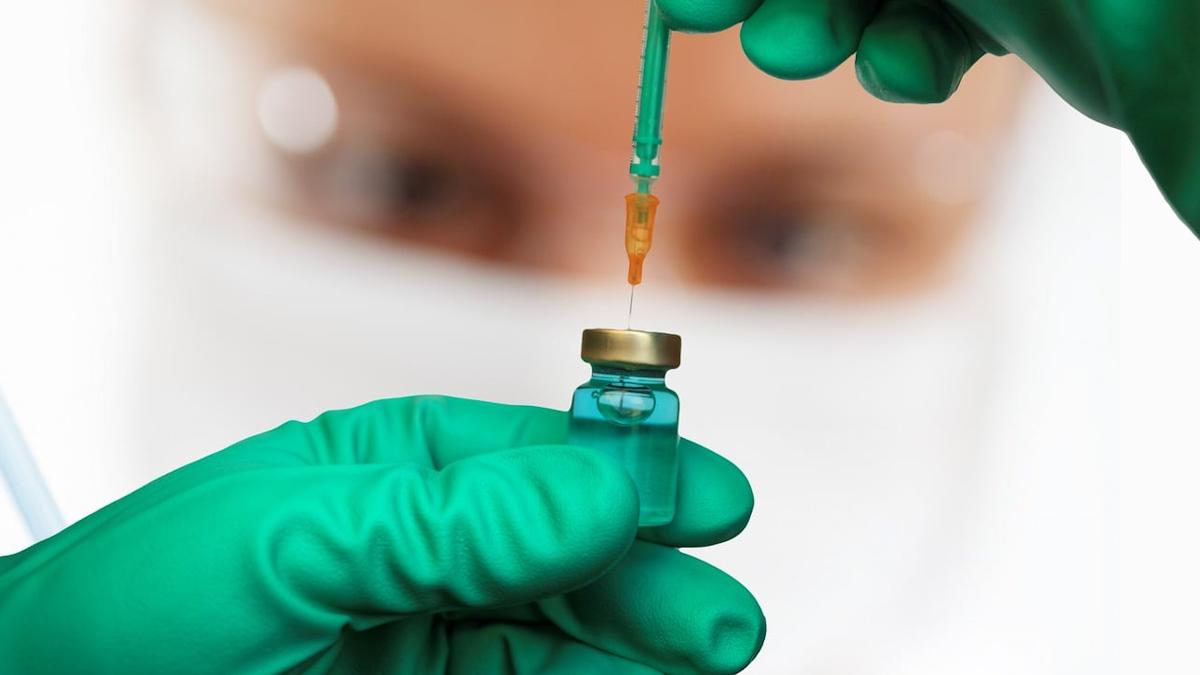MSD, Moderna start phase 3 adjuvant lung cancer trial

MSD and Moderna have kicked off another phase 3 trial of their personalised cancer vaccine V940 used alongside MSD's PD-1 inhibitor Keytruda, this time focusing on patients with earlier-stage non-small cell lung cancer (NSCLC).
The new study – called INTerpath-009 – is the third late-stage trial of the combination and will explore neoadjuvant use of Keytruda (pembrolizumab) with chemotherapy in stage 2 to 3b non-small cell lung cancer (NSCLC) patients who can be treated with surgery, followed by Keytruda and V940 given as adjuvant therapy.
Specifically, it will enrol around 680 patients with this form of cancer who don't achieve a pathological complete response (pCR) after the neoadjuvant therapy phase and surgery, placing them at high risk of a relapse.
The aim of surgery in stage 2 to 3b NSCLC patients is curative, but between a third and half of them will experience recurrence after surgery and need additional lines of treatment. Keytruda has been approved by the FDA as a surgery-spanning immunotherapy in this group since October 2023.
The new international study hopes to show that adding V940 to the regimen will further reduce the risk of relapse, with the first patients already recruited in Canada. The primary endpoint is disease-free survival (DFS), with various secondary endpoints, including overall survival (OS).
Last year, MSD and Moderna started the INTerpath-002 study of the combination as adjuvant therapy for patients with stage 2 to 3b NSCLC that has been removed with surgery, without neoadjuvant treatment, to see if it is more effective than Keytruda plus placebo.
The partners are also running the INTerpath-001 of Keytruda and V940 as an adjuvant treatment for patients with resected high-risk stage 2b to 4 melanoma.
The new phase 2 trial is another endorsement of the potential of V940 – also known as mRNA-4157 – which is a personalised vaccine targeting 34 cancer neoantigens derived from patients' own tumours.
"While the overall survival rates for patients with non-small cell lung cancer have significantly improved in recent years, lung cancer continues to be the leading cause of cancer death worldwide," said Dr Marjorie Green, head of oncology, global clinical development, at MSD's Merck Research Laboratories.
She added that V940 is a "promising new modality" that, alongside Keytruda, could deliver "meaningful advances for lung cancer and bring more options to patients with earlier stages of disease, where we potentially can have the most impact."
MSD – known as Merck & Co in the US and Canada – took up an option to partner with Moderna on V940 in October 2022, the first programme to be activated under a 2016 alliance between the companies aimed at finding individually tailored cancer vaccines for patients across a spectrum of cancers.
Image by Gerd Altmann from Pixabay












